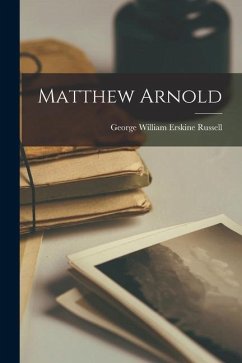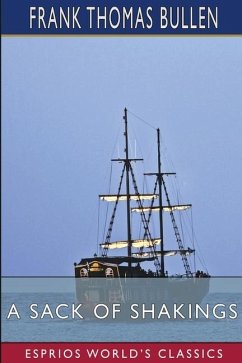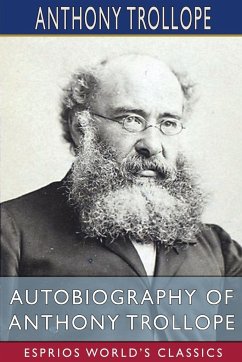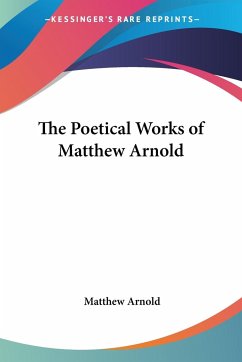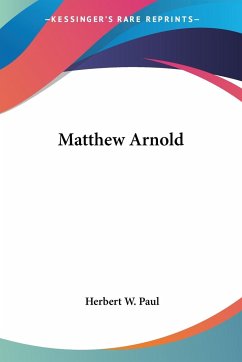Nicht lieferbar
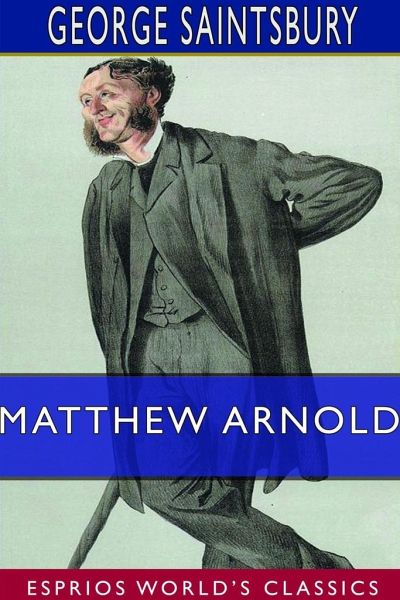
Matthew Arnold (Esprios Classics)
Versandkostenfrei!
Nicht lieferbar
"Mr. Matthew Arnold, like other good men of our times, disliked the idea of being made the subject of a regular biography; and the only official and authoritative sources of information as to the details of his life are the Letters published by his family, under the editorship of Mr. G. W. E. Russell (2 vols., London, 1895). To these, therefore, it seems to be a duty to confine oneself, as far as such details are concerned, save as regards a very few additional facts which are public property."




